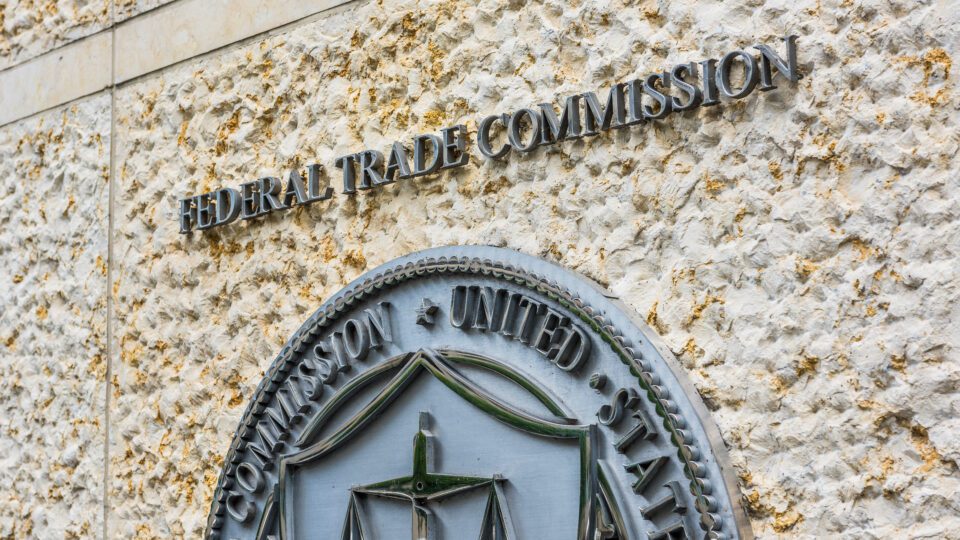[Update as of Aug. 15, 2024] The Federal Trade Commission (FTC) has issued a final rule to combat fake online reviews and testimonials by prohibiting their sale or purchase and allowing the agency to seek civil penalties against violators. The final rule comes after a year-long process of rulemaking notices, informal hearings and public comments.
“Fake reviews not only waste people’s time and money, but also pollute the marketplace and divert business away from honest competitors,” said FTC Chair Lina M. Khan in a statement. “By strengthening the FTC’s toolkit to fight deceptive advertising, the final rule will protect Americans from getting cheated, put businesses that unlawfully game the system on notice, and promote markets that are fair, honest, and competitive.”
Original story from July 2, 2023 begins-
The Federal Trade Commission (FTC) has proposed a new rule to crack down on fake online reviews, which the agency noted are likely to become more prevalent with the rise of generative AI. If passed, the new rule would ban the use of fake reviews in online listings as well as the suppression of negative reviews and paying for positive reviews.
The formal rule proposal follows a series of case-by-case enforcement actions taken by the FTC, including a settlement with Fashion Nova for $4.2 million for suppressing negative reviews, and fining supplement brand The Bountiful Company in February 2023 for “review hijacking” on Amazon, which is when a marketer steals or repurposes the reviews of another similar product.
However, in its rule proposal the FTC noted that “case-by-case enforcement without civil penalty authority might not be enough to deter clearly deceptive review and testimonial practices.” The agency added that the Supreme Court’s 2021 ruling in AMG Capital Management LLC v. FTC has “hindered the FTC’s ability to seek monetary relief for consumers under the FTC Act,” making “a rule clearly spelling out prohibited practices and allowing for the judicial imposition of civil penalties” even more necessary.
Among the practices that the new rule would prohibit are:
- Selling or obtaining fake consumer reviews and testimonials;
- Review hijacking;
- Buying positive or negative reviews;
- Insider reviews and consumer testimonials from a company’s officers and managers;
- Company-controlled review websites;
- Illegal review suppression; and
- Selling fake social media “indicators” such as followers or views.
“Our proposed rule on fake reviews shows that we’re using all available means to attack deceptive advertising in the digital age,” said Samuel Levine, Director of the FTC’s Bureau of Consumer Protection in a statement. “The rule would trigger civil penalties for violators and should help level the playing field for honest companies.”
The proposed rule now enters a 60-day public comment period, after which the agency will reevaluate the rule based on the comments it receives and then determine whether to vote on and approve a final version.
Consumers are increasingly concerned about the proliferation of fake reviews. A recent survey of 13,000 consumers by PowerReviews found that eight out of 10 U.S. consumers are worried about fake reviews, with 63% more concerned about fake reviews now than they were five years ago.
For its part, Amazon is making preemptive efforts to crack down on the practice. In 2022, the company took legal action against 90 bad actors and it has taken steps against another 94 this year, as of May 2023. In June 2023, Amazon also unveiled a new cross-industry strategy to fight the “fake review broker” industry.













